Although the COVID-19 pandemic is still raging in our world, its consequences for our present may already give us a glimpse or an impression of what the future might hold for us. While political leaders and others make promises about the world returning to the way it was before, there is very little doubt that this – among many other things politicians promise these days – is perhaps wishful thinking rather than reality. Considering how much has changed in our lives due to lockdowns and curfews, what it has done to our feeling of security and maybe how we have taken things for granted, the pandemic has irreversibly altered our lives and the world we live in. In his short feature “6480 Days”, Israeli director Ran Slavin contemplates on these changes, creating an image of a future world, or rather one of its inhabitants looking back on how things were and how they have laid the path for the state of things in his world.

Functioning as narrator is an 18-year-old citizen of Hong Kong looking back on the days of the pandemic, the lockdowns and the curfews, while creating a link to his present which is, as the title of the feature suggests, 6480 days after. A dream of a possible future may bleed into the present, he says at various points during the feature, blurring the lines of reality, dream and the audience's present. Rather than presenting the world of the future in terms of its political or economic system, the narrator thinks about concepts like freedom, protection and safety, and how they have changed due to the pandemic. In the end, the dream of walking freely without fear and a protective mask remains a hopeful vision, or perhaps even a dream for the future.
Undeniably, there is something quite brave and provocative about a feature such as “6480 Days”. Because many of us are still caught up in the present, with political and economic measures defining and changing our lives from one day to the next, Slavin takes a risk by looking ahead, or rather contemplating on how a future (or a dream of a future) might look like, and how it may change our present. Aside from the narration, Slavin's editing and sound design evoke the way the world has been, while challenging the viewer to think of issues like freedom and safety in a broader context.
In the end, “6480 Days” is a thought-provoking and very relevant short feature as it does not present fixed answers but rather poses questions to its viewer. Its magnificent design, especially the sound design, emphasize the kind of interaction director Ran Slavin is perhaps aiming for with this quite interesting short feature.


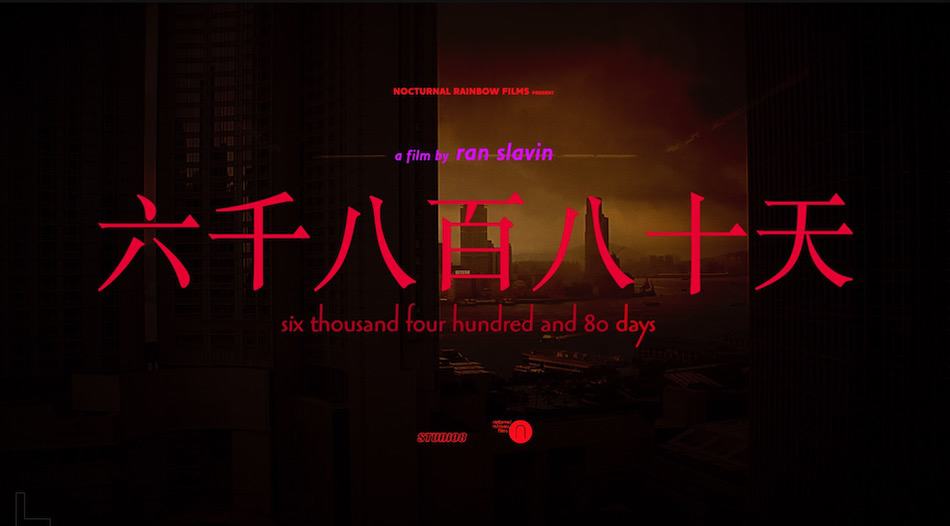
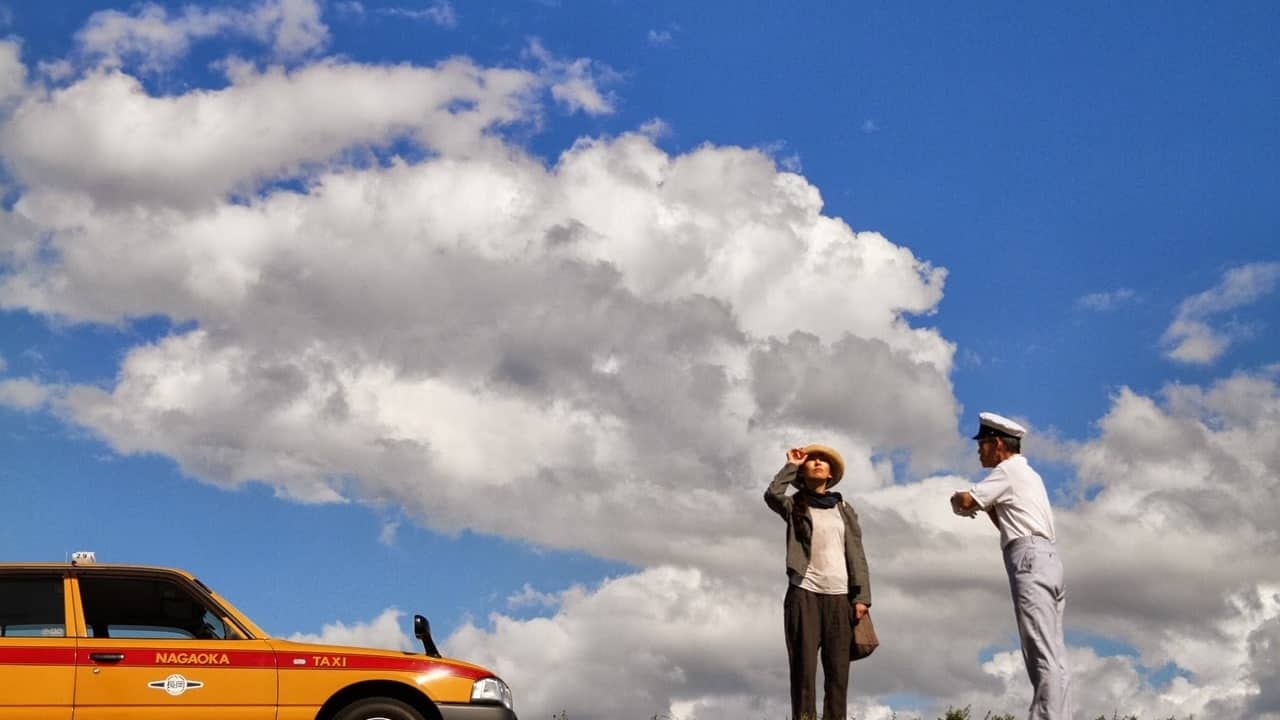

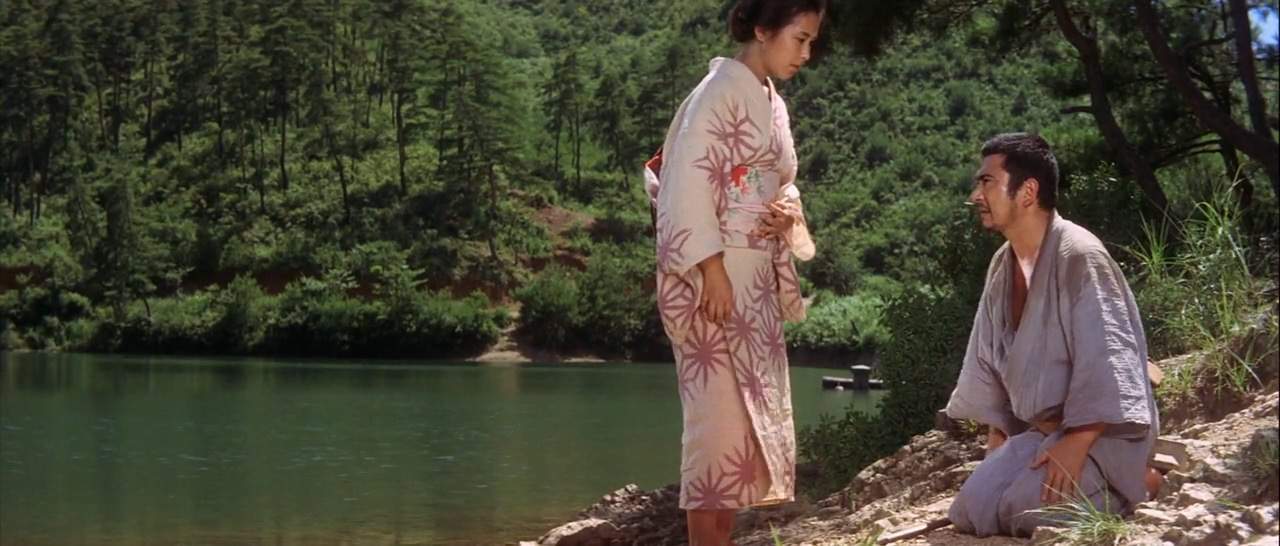
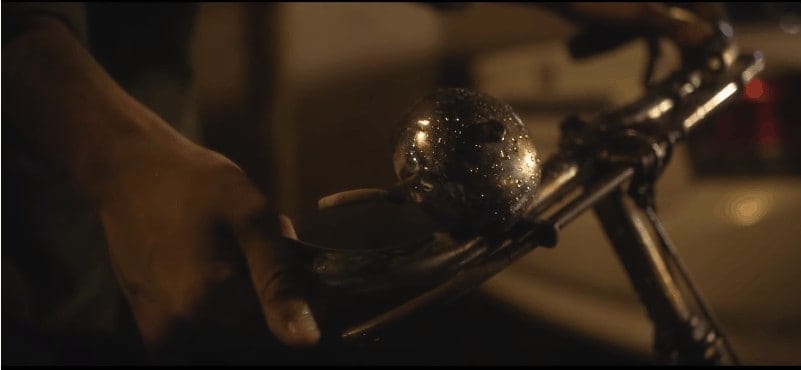

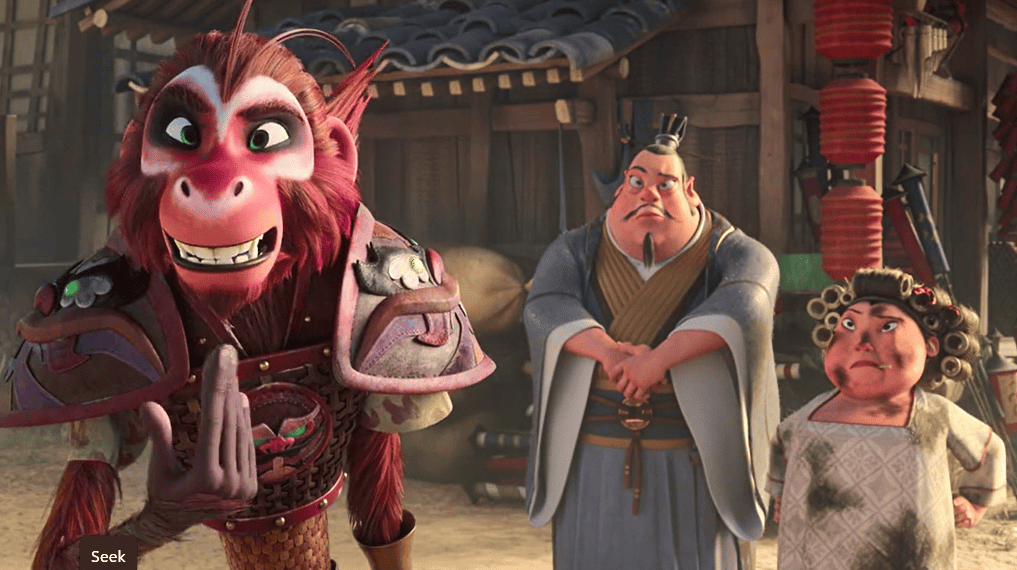







Thanks!!!